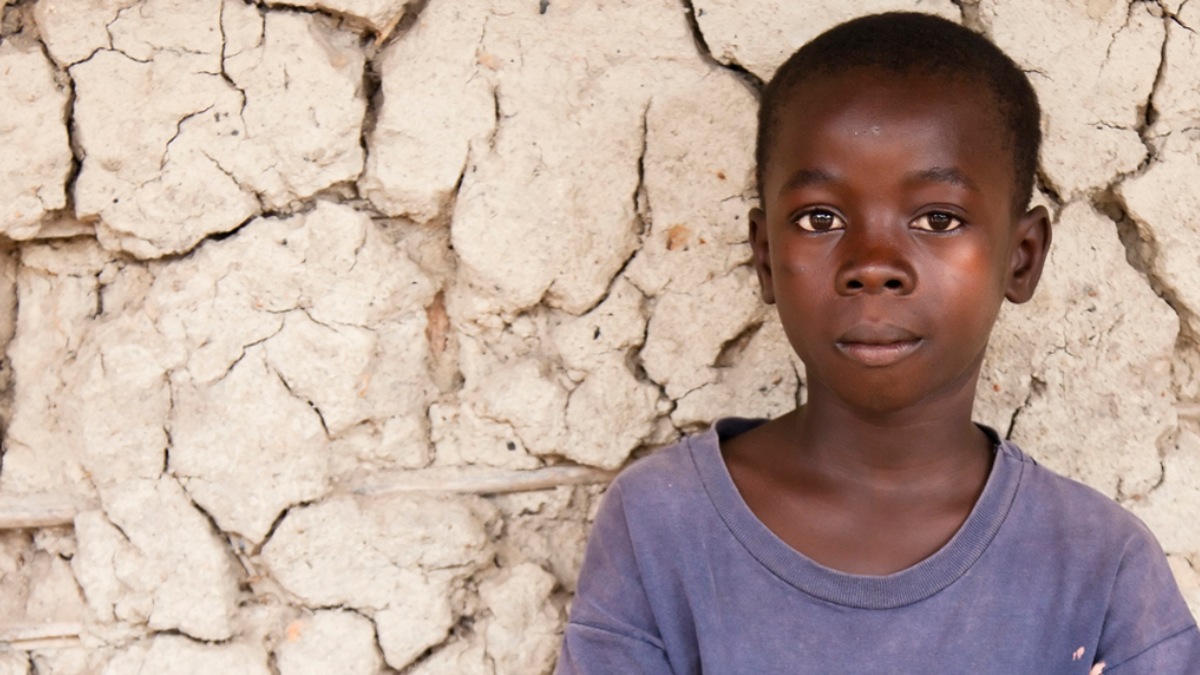Home What we do News & Stories Child exploitation in Haiti’s orphanages
Child exploitation in Haiti’s orphanages
20.06.2017

On June 21-22, 2017, Haiti – ranked eighth in the world for human trafficking – held its first annual conference to combat trafficking. The Haitian government’s Committee for the Fight Against Trafficking in Persons has recognized that children in orphanages and in situations of domestic labour are at extremely high risk. At the conference, Lumos, an international non-profit founded by J.K. Rowling, launched a report that analyzed funding into Haiti’s orphanages that is inadvertently driving the trafficking of children.
The groundbreaking report, ‘Funding Haitian Orphanages at the Cost of Children’s Rights,’ provides compelling evidence of Haitian orphanages ‘recruiting’ children through deception or coercion in order to receive donations from abroad. Families are promised the orphanage will provide their children with the education, nutrition and healthcare they cannot afford. Parents believe they are doing the best for their children, but the report demonstrates that in many orphanages only a small percentage of the money is spent on children, who are exposed to severe abuse that can affect them for the rest of their lives.
Lumos documented at least $70 million per year provided by international private donors to just over one-third of Haiti’s 750 orphanages. It is likely that financial support to all orphanages throughout the country far exceeds $100 million per year. $70 million donated to orphanages is equivalent to nearly one-third of annual U.S. official aid to its entire Haiti programming, and rivals the annual budget of the European Commission’s work in Haiti. These vast sums of unregulated money often fund unregistered orphanages and act as an incentive to exploit vulnerable children and families.
“Haiti’s first anti-trafficking conference signals the genunine commitment of the country’s government and civil society to end the abuse and exploitation of children in orphanages,” said Georgette Mulheir, Lumos’ Chief Executive Officer. “Well-intended donors give vast sums to orphanages. But 80% of children living there are not orphans. Many parents are deceived into giving up their children, purely so that unscrupulous individuals can make a profit.”
The conference convened Haitian and international experts to form a national action plan to protect the country’s at-risk populations, including children outside family care. Lumos called upon private international donors and non-profits to shift their support away from orphanages and instead invest in families and communities, as a more effective way of protecting Haiti’s most vulnerable children.
For the report, Lumos interviewed 44 care leavers – children who were raised in orphanages – as well as over 40 other key stakeholders, including former orphanage volunteers, health care professionals, psychologists, and members of the Haitian government and civil society. This was complemented by analyzing the tax information of registered non-profits in the US, Canada, France, and the UK. Lumos found that 90 percent of orphanage funders were North-American and 92 percent were faith-based.
Most donors support orphanages in Haiti with the best intentions to help children in need. Yet, many children in Haitian orphanages have suffered violence, exploitation, abuse, and neglect. In the worst cases, orphanages were rampant with human rights abuses. Witnesses described physical and sexual abuse, high rates of malnutrition and disease, severe neglect, and avoidable death in orphanage care. Young adults who had aged out of orphanages told Lumos they suffer from trauma, lack of education, unemployment and homelessness, and few had networks of support or family ties.
The investment of the faith-based community and the private sector has the potential to improve the lives of hundreds of thousands of vulnerable children in Haiti, and not just those in orphanages. The report urges funders, potential orphanage volunteers, and mission trip participants to reevaluate their contributions and engagement with orphanages. In the short-term, donors should ensure that orphanages meet the minimum standards of care and that their money is directly supporting children. In the long-term, they should shift their funding to provide community based health, education and social services that make it possible reunite children with their families.

